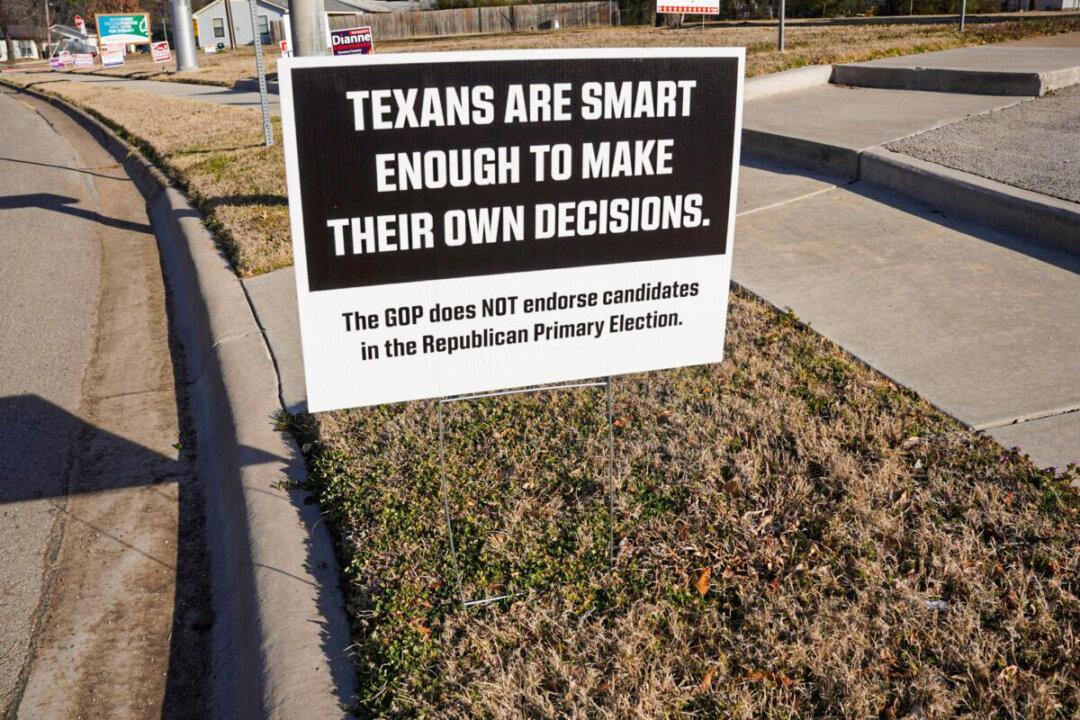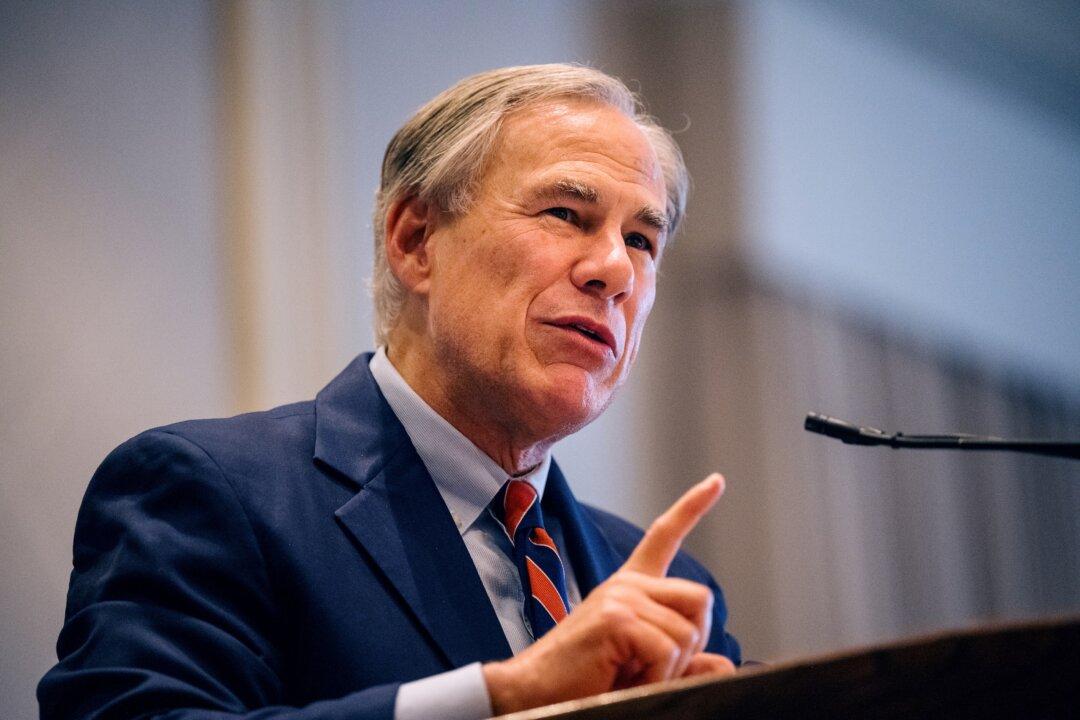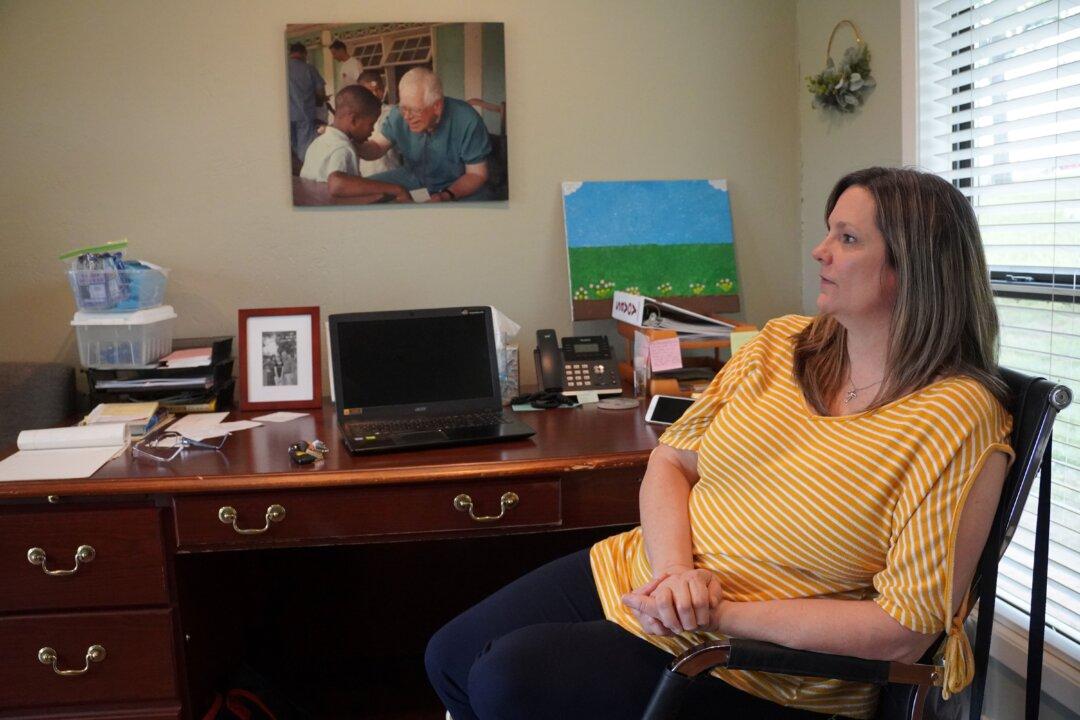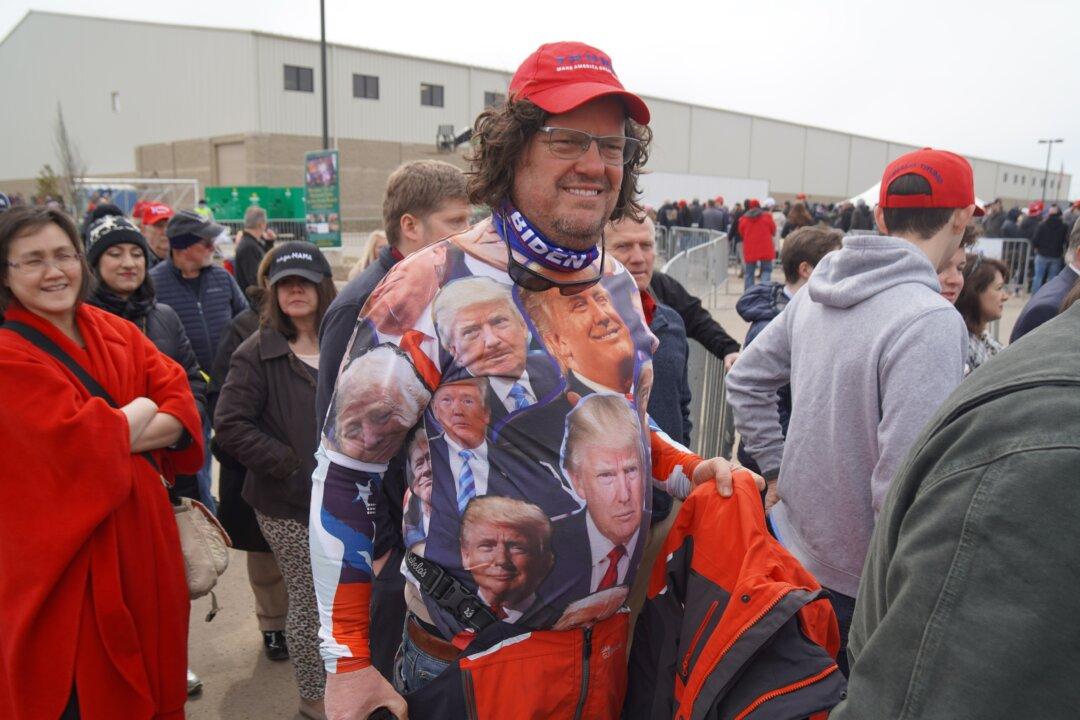DENTON, Texas—In the so-called Golden Triangle of Denton, Forth Worth, and Dallas, turnout appeared light at several polling places in this university city.
Most of those Republicans and Democrats who chose to speak to The Epoch Times said they voted out of a sense of “civic responsibility” rather than any pressing issue or person.





